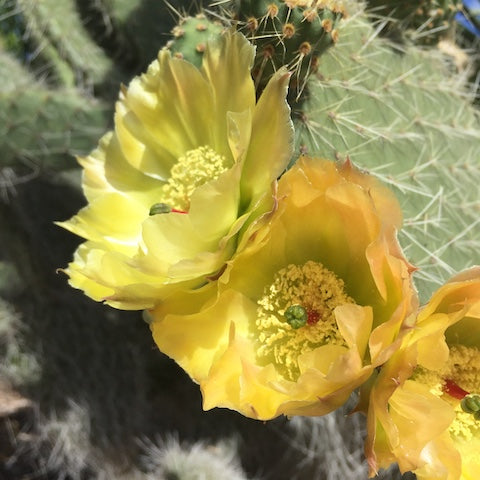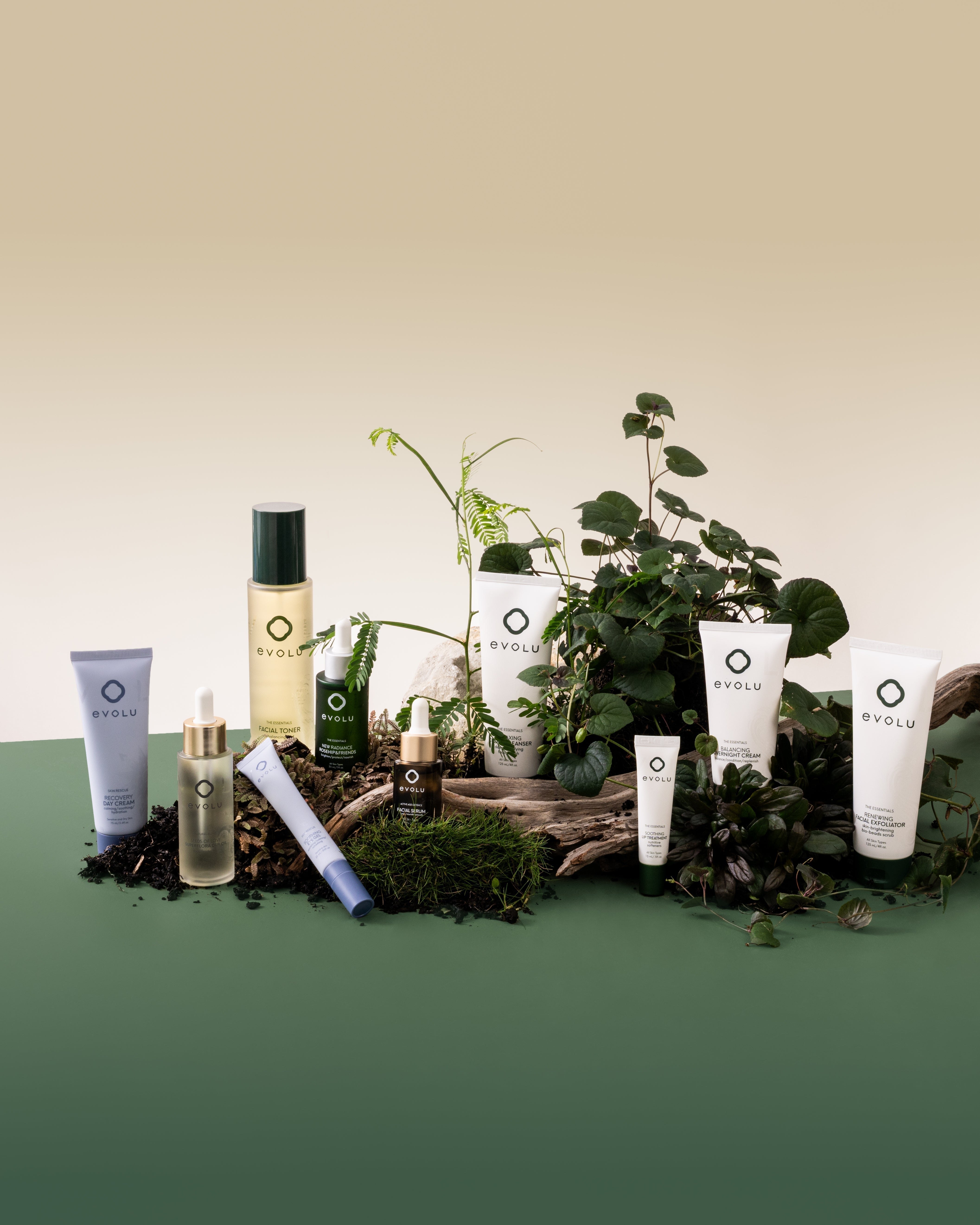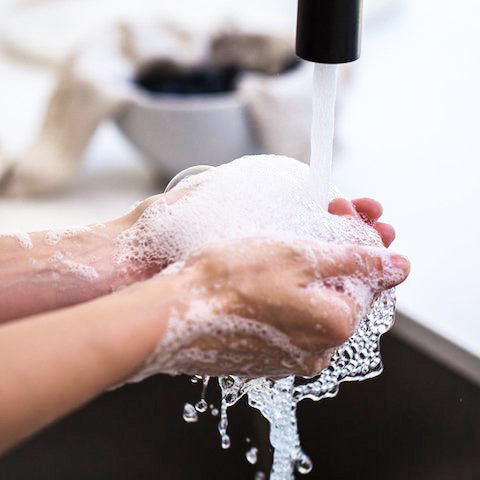What Mindfulness means to me
About a year ago, I wrote about skincare as a mindful activity. The positive feedback I've had on that and my Keys to Self-Care podcast series has really inspired me, and I've recently attended a course that helped me delve deeper into mindfulness as a practice.
I learned to understand the benefits of mindfulness, and the various forms of meditation that it includes, and how I could readily bring these into in my daily life.
I learned that being mindful is the art of becoming more aware - of ourselves and our environment - in the present moment. It's a practised activity that involves active and conscious focus: paying closer attention to details, our thoughts and emotions, our bodies, our senses.
This can mean mindful focus on the simplest acts: breathing, eating, taking a shower, making a cup of tea...and it can also be a more formal practice of meditation. The cool thing is that anyone can develop this skill, and it's proven that mindfulness training can actually 're-sculpt' your brain.
Studies at Harvard and elsewhere have shown that after just eight weeks of training there is a significant increase in brain grey matter concentration in areas associated with sustained attention, emotional regulation and perspective taking. (source: Psychiatry Research)
During my eight week Mindfulness Based Stress Reduction (MBSR) course, we learned about different types of meditation - a simple yoga practice, a full body scan, seated meditation, walking meditation, a loving, kindness meditation - all of these I found to be empowering and helpful.
Meditation requires some effort to include in your day, but if you simply set the alarm half an hour earlier in the morning, or allocate some time as the last thing before sleep, it can be become a regular practice quite easily.
For me it's become a mental habit I really enjoy and have found to be life changing. I'm calmer, I can handle difficult situations in a more relaxed manner and generally feel better within myself.
I also learned that mindfulness isn't purely about meditation. The course included conversations on a specific topic each week. We explored pleasant, unpleasant and neutral experiences, being on auto-pilot, responding to experiences with reactions versus reasoning. I lapped this all up and found it very helpful in many aspects of my life - whether in a dynamic family conversation, listening to an upset friend, or working through a high level negotiation.
For inspiration, support and more information, head over to listen to my podcast interview with clinical psychologist and MBSR trainer, Sue Dykes.
I highly recommend using a meditation app. Some I like are InsightTimer, Calm, SmilingMind, Headspace. Try them out and find the one that suits you best. There are guided ones that are themed, some have their own podcasts too. They are great not just for at home, but when you are out and about - you can listen to one when waiting in the car before an exam or a meeting :)
Mindfulness experts: Mark Williams, FranticWorld, Jon Kabat Zinn, Tara Brach
Mindfulness Certification Training (interactive online) for individuals and coaches:
inlpcenter.org



